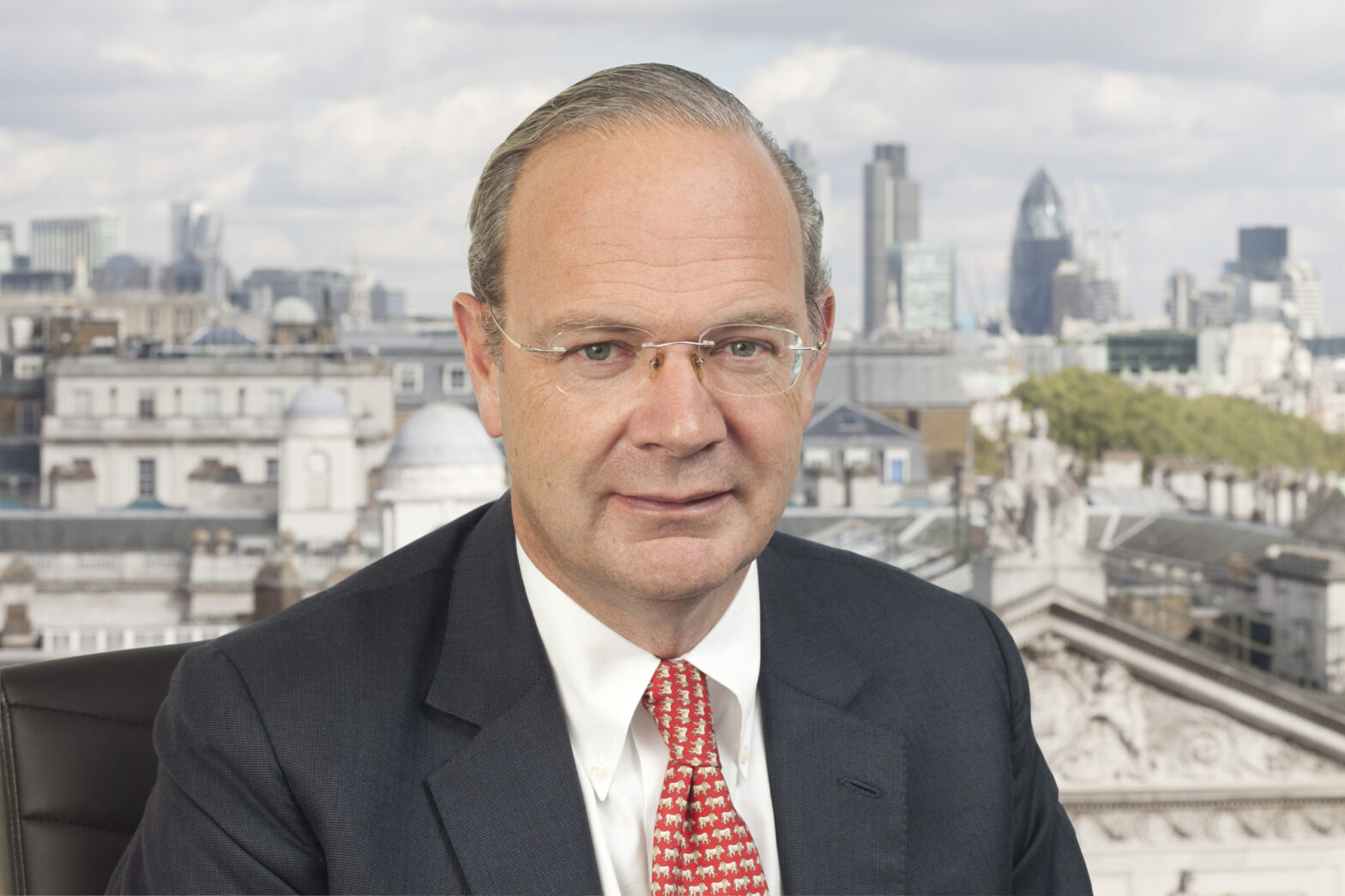Mark Florman has ended his two-year stint as chief executive of the British Private Equity and Venture Capital Association (BVCA) to take up the role of strategic adviser and industry ambassador at the organisation.
Florman will stand down as chief executive on 1 May 2013 and will then be hoping to build on his work linking private equity and venture capital to the agenda of promoting economic growth in Britain and Europe.
Deputy chief executive and director of policy at the BVCA Tim Hames will be replacing Florman, and will revert to the title of director-general. Hames is a former lecturer in politics at Oxford University as well as ex-chief leader writer, columnist and assistant editor at The Times,
Florman comments, ‘I am very proud of what the BVCA and the industry over the past two years. The course ahead is now to help guide wider industrial and financial policy across Europe and return the continent to a position of renewed global competitiveness.
‘This move will also allow me to spend more time with the Centre for Social Justice in its important social policy work.’
More on the BVCA:
- BVCA calls on Tech City to have more experienced hands
- UKTI and BVCA team up to promote UK business fundraising
- European VC market in ‘much ruder health’ than believed, says BVCA
Speaking to GrowthBusiness earlier in April in response to his appointment as chairman of the BVCA, Simon Clark said that he had three distinct goals for his year in the position.
Finding new sources of capital; continuing, and increasing, engagement with Europe and using the venture capital model to lay over the top of some of the difficult social problems in the world, are his aims.
Commenting on the resignation of Florman, Clark adds, ‘The challenges and demands placed on the BVCA have increased enormously over the past few years and its seems obvious to me that they will become even more intense in the period to come.
‘We need to be imaginative in how we deploy our talent and I believe this internal leadership transition will allow us to exercise influence even more effectively as Mark assumes his externally facing and more greatly political role.’






